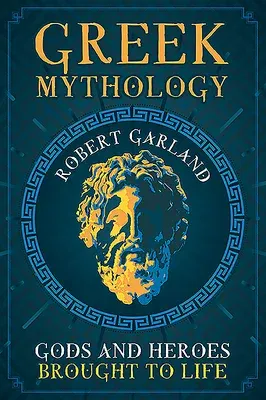A unique retelling of the Greek myths. Each myth is accompanied by a
historical commentary and context.
Greek mythology isn't the equivalent of the Bible or the Qur'an. There
is no standardized version of any myth. Myths aren't sacred. Whether you
happen to be Homer, Aeschylus, Sophocles, Euripides or any other Greek,
or even you or me, every myth is yours to tell and interpret any way you
like.
Just to give one example. An oracle has decreed that Oedipus will kill
his father and marry his mother. In Homer's version, Oedipus carries on
ruling in Thebes when he discovers he has fulfilled the oracle, whereas
in the version that Sophocles gives us in his play Oedipus the King,
Oedipus blinds himself and goes into voluntary exile. That said, certain
details are unalterable. Oedipus has to be ignorant of the fact that the
man whom he kills is his father and that the woman whom he marries is
his mother, he has to fulfill the awful prophecy of the oracle, and he
has to come to a realization of what he has done afterwards. But
everything else is pretty much up for grabs.
Greek mythology is very much alive and well in the contemporary world.
There are many narrative versions of the myths currently available, but
this book will do something very different: it will give the characters
the chance to tell their stories in their own words. In so doing, it
will give both gods and humans the opportunity to reflect upon their
life stories and, in places, justify their actions. In this way they
will come across as real people, just as they are, say, in the plays of
the dramatists.

